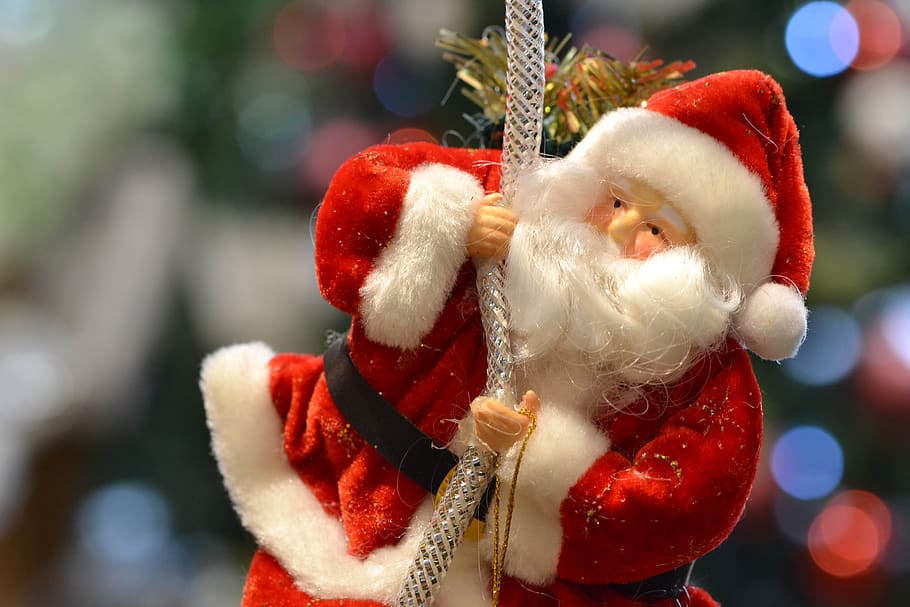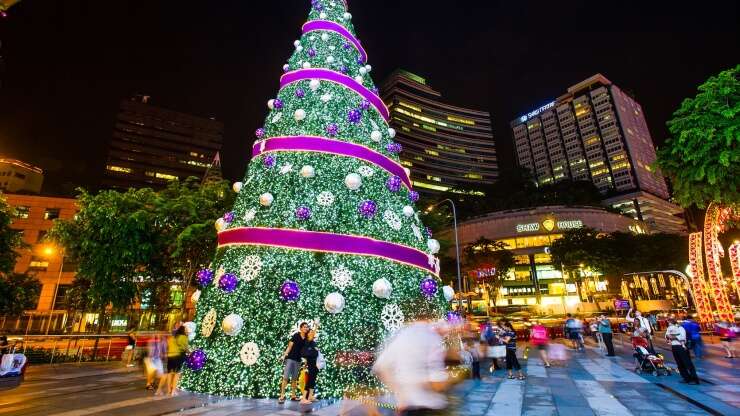December is a month filled with diverse global festivities, uniting people of different cultures and faiths in celebration. Beyond Christmas, this month hosts a tapestry of traditions and holidays, each with its own unique significance.
From Hanukkah to Kwanzaa, Boxing Day to New Year’s Eve, December offers a rich mosaic of cultural observances. Let’s delve deeper into the global festivities that define this joyous season.
December Global Festivities around the World
1. Christmas Holiday (December 25th)
Christmas, celebrated on December 25th, is a cornerstone of December festivities, commemorating the birth of Jesus Christ in Christian tradition. While this date is widely embraced, variations exist in observance across denominations and regions. For instance, The Lutheran Church-Missouri Synod observes Christ the King Day on the Sunday before Thanksgiving. Moreover, some Latin American countries observe Three Kings Day, emphasizing the three gifts presented to Jesus by the Magi.

2. Hanukkah
For the Jewish community, December brings the Festival of Lights, known as Hanukkah. This eight-day celebration begins on Kislev 25 and typically falls in December. It commemorates the rededication of the Holy Temple in Jerusalem and the miracle of the oil lasting eight days. The date varies due to discrepancies between lunar and solar calendars, adding an element of dynamism to this cherished festival.
3. Boxing Day (December 26th)
Across Commonwealth nations, December 26th marks Boxing Day, a day with roots in charitable giving and post-Christmas traditions. Beyond its religious connotations, Boxing Day has evolved into a day of generosity and community spirit. Traditionally, it involves giving boxes of food or gifts to those in need, fostering a sense of solidarity and compassion.
4. Christmas Eve and Saint Nicholas’ Day
Christmas Eve, on December 24th, heralds the anticipation of Christmas Day, marked by gatherings, caroling, and gift exchanges. In some cultures like Belgium, France, and Japan, gift-giving is reserved for Christmas Eve, known as Saint Nicholas’ Day. This underscores the diverse ways in which the holiday season is celebrated worldwide, blending ancient customs with modern practices.
5. New Year’s Eve (December 31st)
As December draws to a close, the world eagerly awaits the arrival of the new year on December 31st. New Year’s Eve is a time of reflection, celebration, and anticipation for the future. Whether watching fireworks illuminate the night sky or counting down to midnight with loved ones, people worldwide bid farewell to the old year and embrace the promise of the new.
6. Kwanzaa
In the United States, Kwanzaa is celebrated from December 26th to January 1st, honoring African-American heritage and culture. This seven-day festival emphasizes unity, self-determination, and collective responsibility, serving as a time for reflection and community building.
Frequently Asked Questions (FAQ)
Q: Why is December significant for both Judaism and Christianity?
A: December hosts both Hanukkah and Christmas, two major religious observances for Jews and Christians, respectively. The convergence of these holidays highlights the interfaith diversity of the month.
Q: What is the origin of Boxing Day?
A: Boxing Day originated in the United Kingdom as a day for giving boxes of gifts or donations to those less fortunate. It has since evolved into a day of charitable giving and post-Christmas festivities in Commonwealth nations.
Q: How do different cultures celebrate Christmas Eve?
A: Customs vary widely, with some cultures reserving gift exchanges for Christmas Eve while others focus on family gatherings, feasting, and attending religious services.
Q: What is the significance of Kwanzaa?
A: Kwanzaa celebrates African-American culture, emphasizing principles such as unity, self-determination, and collective responsibility. It serves as a time for reflection, community building, and honoring heritage.
